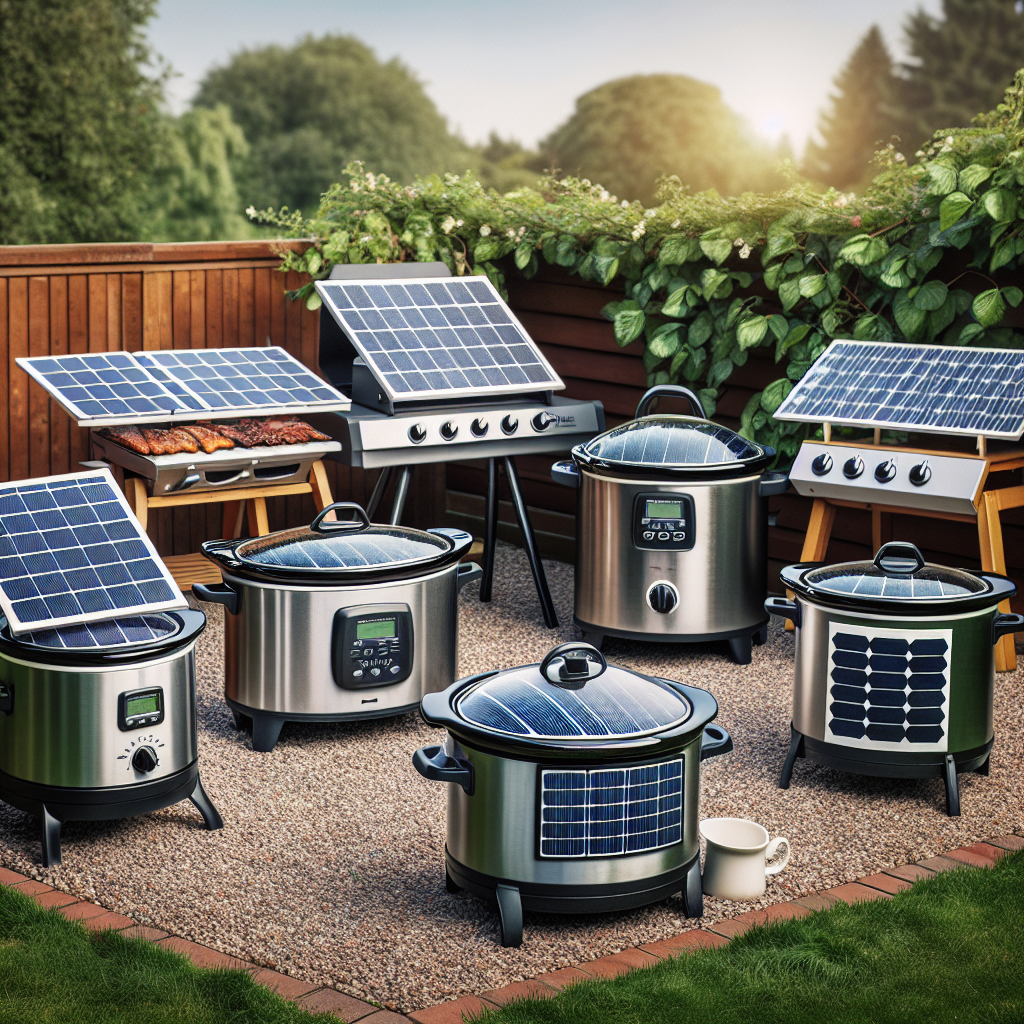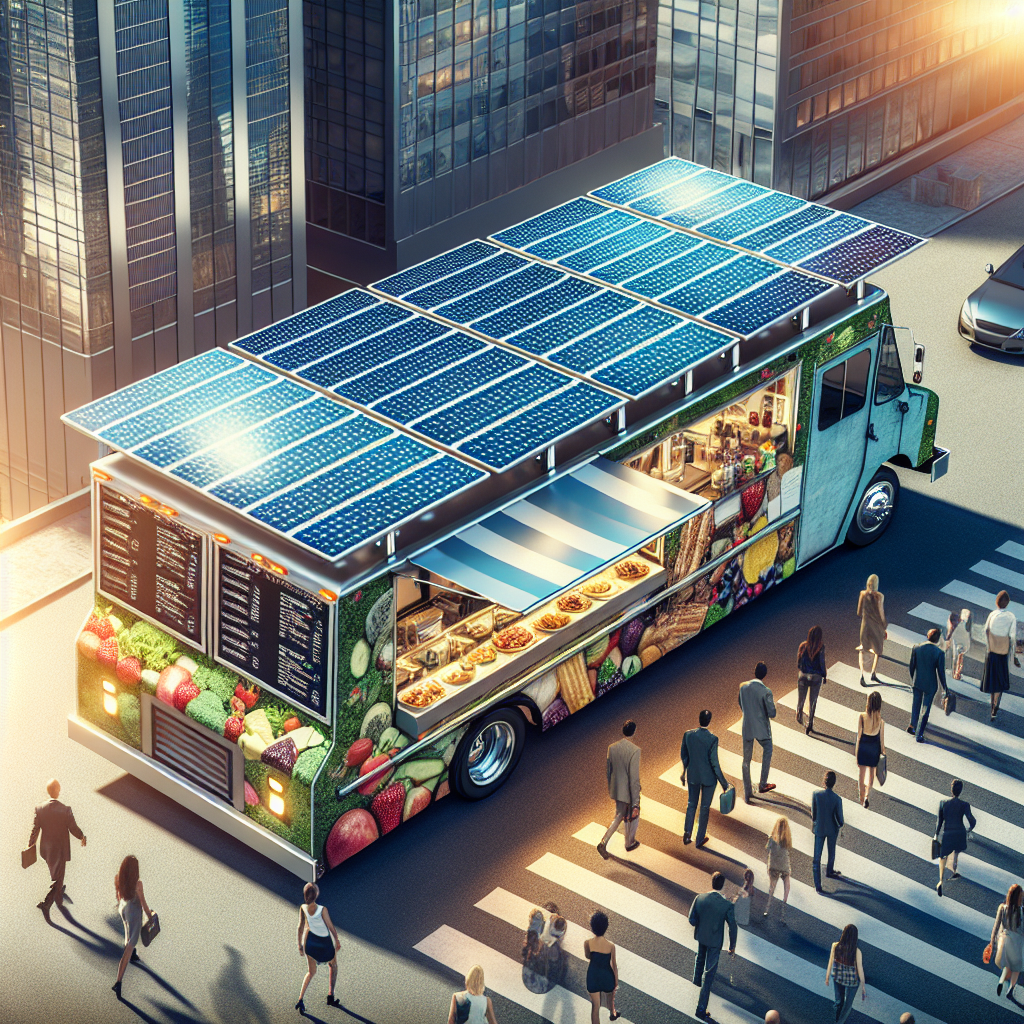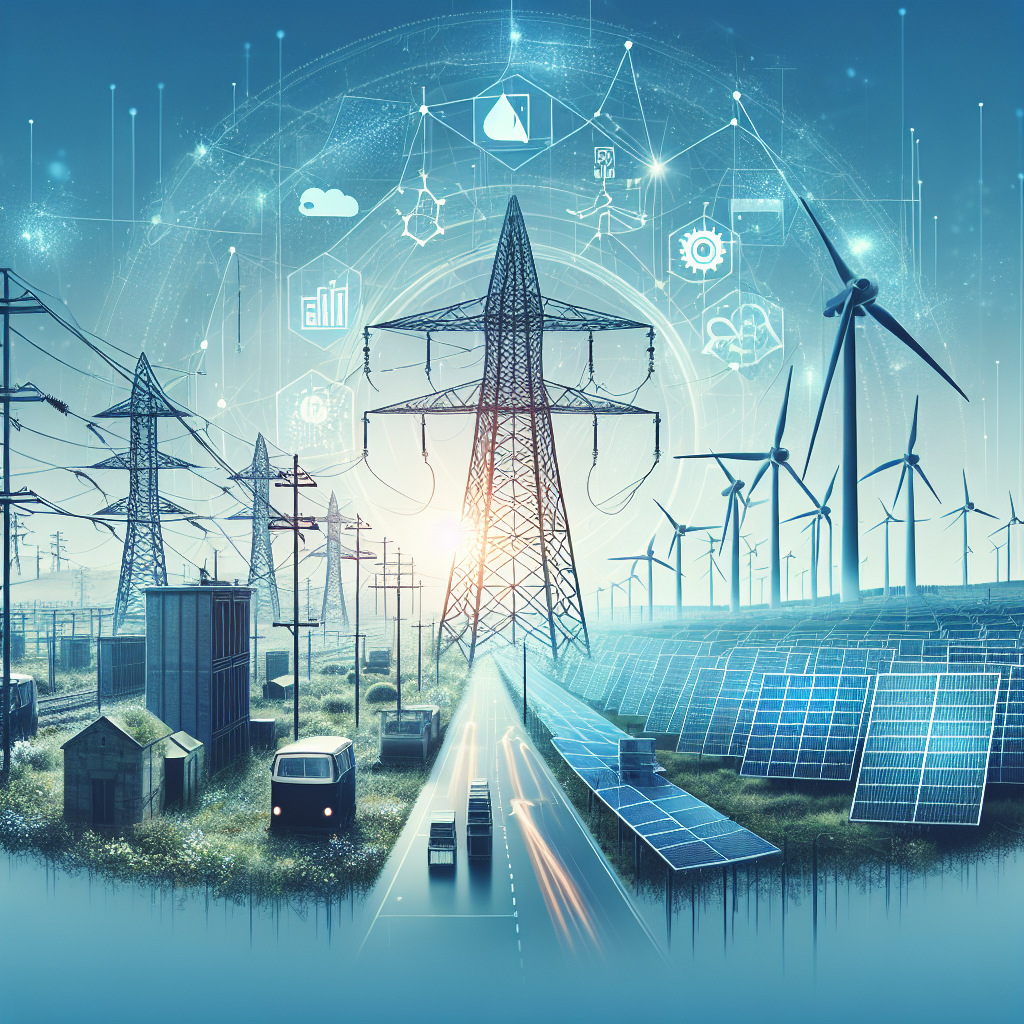Imagine a bustling kitchen in a city plunged into darkness, where the scent of simmering dishes fills the air even without electricity. That’s essentially what we can envision when thinking about charting uncharted territories that come with energy grid modernization.
The transition from traditional power systems to smart grids is akin to breaking down long-held culinary conventions and adopting new food cultures – as daunting as it sounds.
Culinary Tradition
Traditional cooking methods often rely heavily on resources such as gas or wood-fired stoves – think searing pans and blazing ovens. But with modernized energy grids, we could be witnessing this paradigm shifting dramatically.

Cultural Roots
Many communities have unique relationships with their sources of heat and light. The hearth is not merely a functional fixture; it is often intimately tied to identity, rituals, and communal gatherings.
Modern Evolution
We are moving towards more sustainable lifestyles in response to climate change concerns. Much like veganism has been embraced by many for its environmental benefits, so too will alternate energy utilization become mainstream within kitchens far and wide.
Key Ingredients
- In this new gastronomic order, solar-powered slow cookers may emerge as star players alongside electric grills powered by renewable sources like wind or hydro power.
Preparation Methods
The way meals are cooked could fundamentally change too. Skipping fossil fuels could mean less impromptu grilling and more thoughtful planning, using energy when it’s abundant.
Cultural Significance
However, with these changes come both opportunities and challenges. We stand on the brink of a leap – one that may redefine cultural practices but offers prospects to alleviate some global problems!

